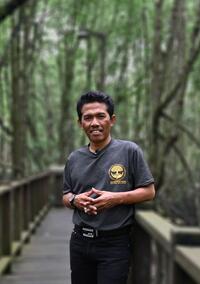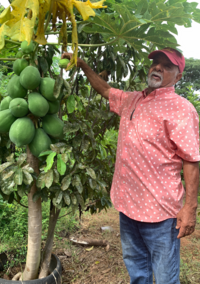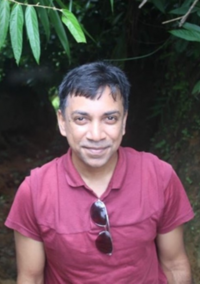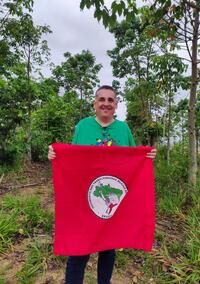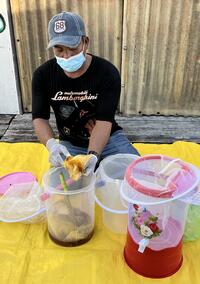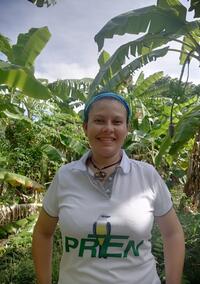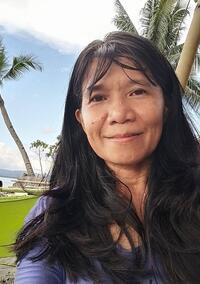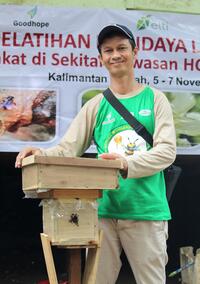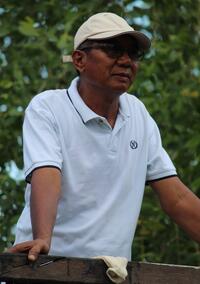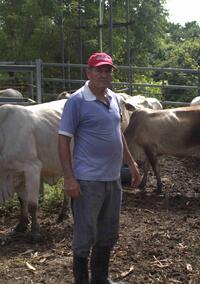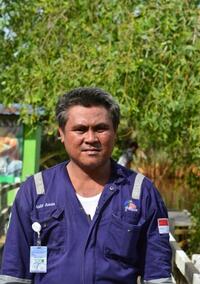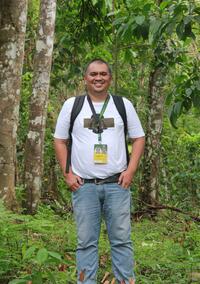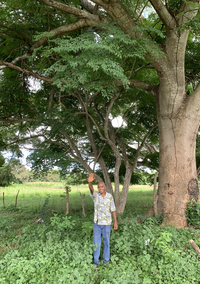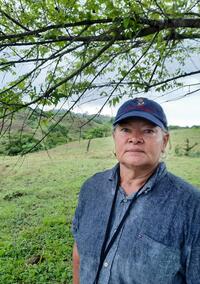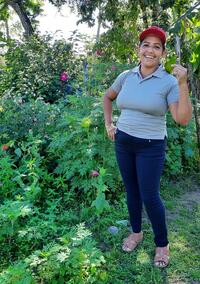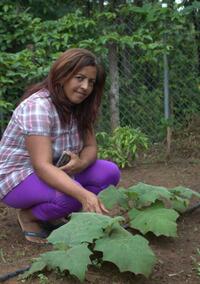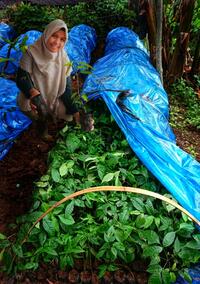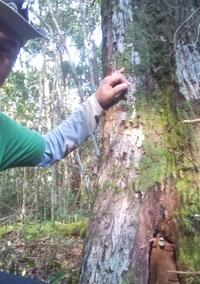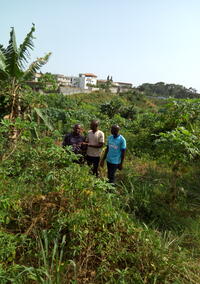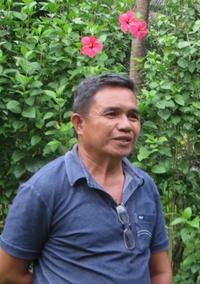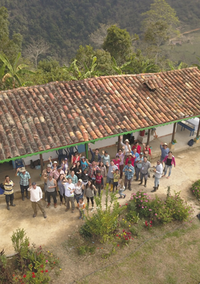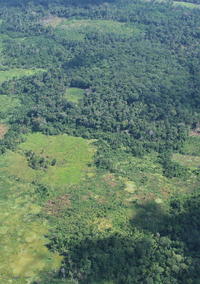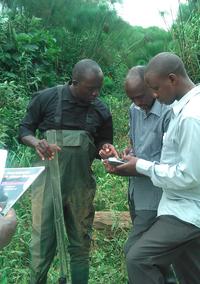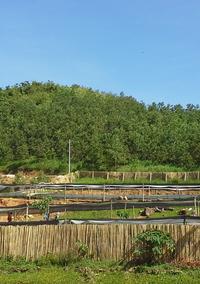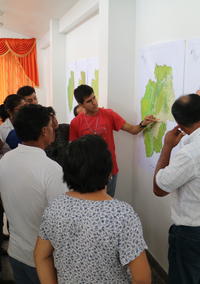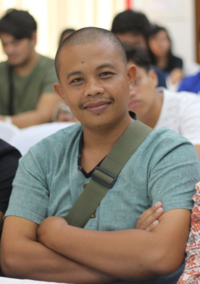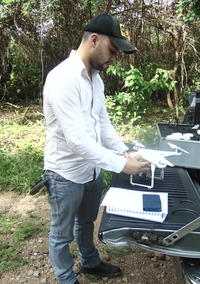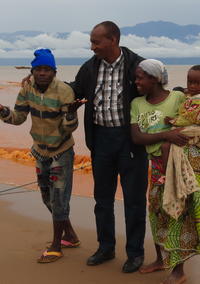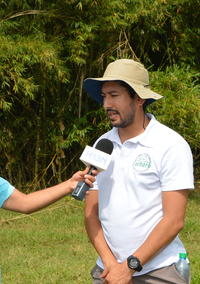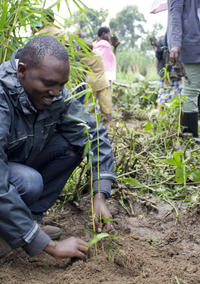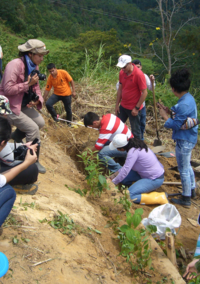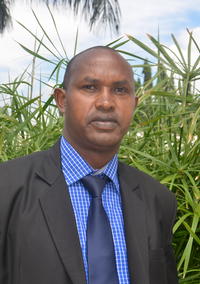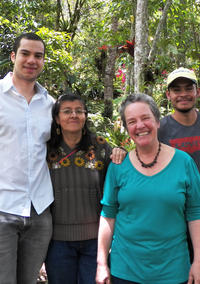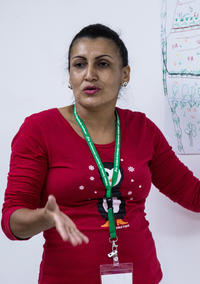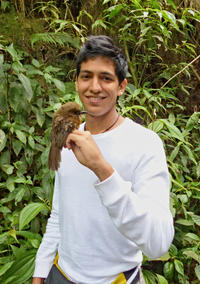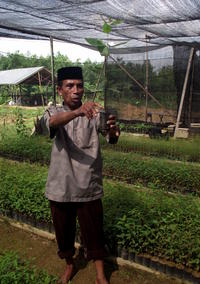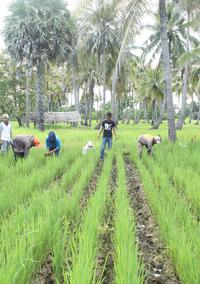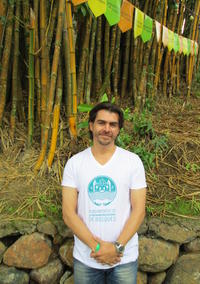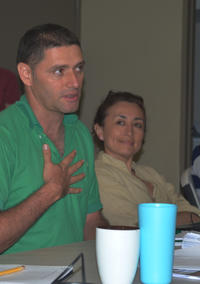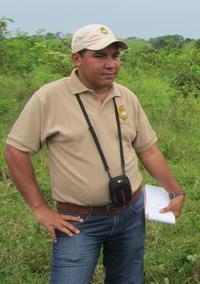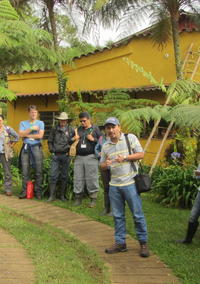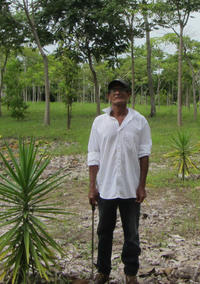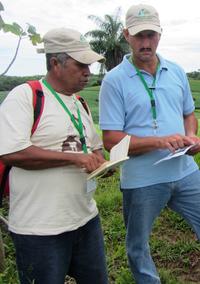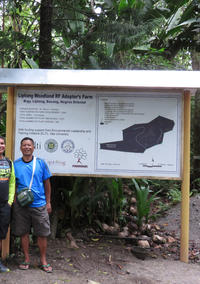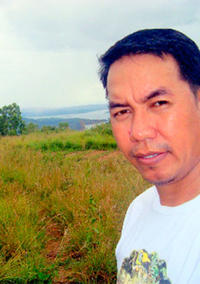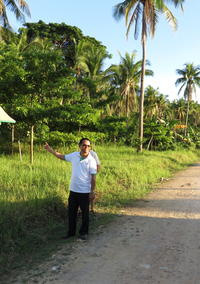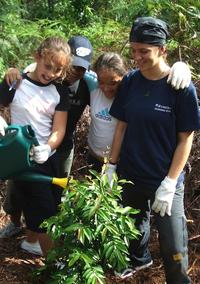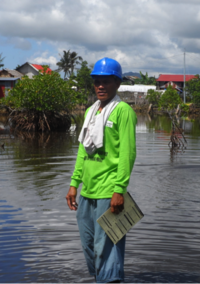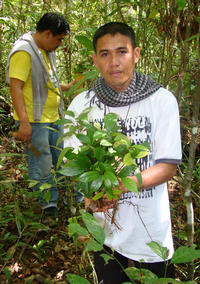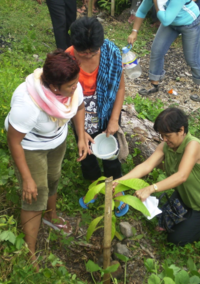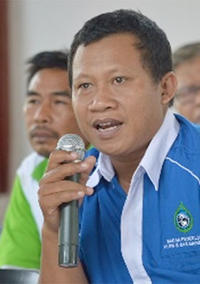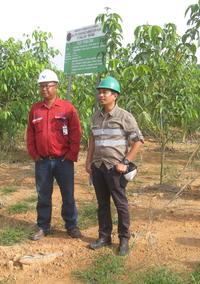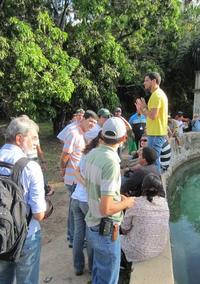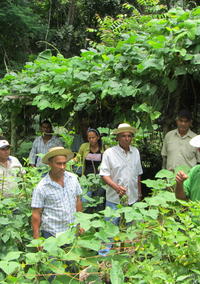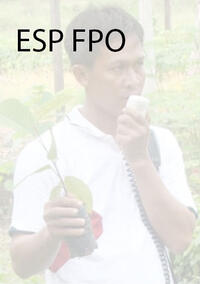You are here
Promoting Conservation Efforts in Oil Palm Plantations
In response, many non-governmental organizations and other stakeholders have been working to pressure the palm oil industry to mitigate its environmental and social impacts. One such initiative, the Roundtable on Sustainable Palm Oil (RSPO), is a multi-stakeholder certification scheme that established a series of principles, criteria, and indicators that companies must adhere to in order to have their palm oil certified as being sustainable.
Abrar Ramlan is an ELTI alumnus who currently works in the oil palm sector, but who has a lot of experience working on environmental conservation issues. Abrar started his career working as the Research and Development Coordinator for the Borneo Orangutan Survival Foundation (BOSF), where he worked on the conservation of orangutans and their release sites in natural forest areas. After leaving BOSF, Abrar was the Conservation and Certification Assistant Manager for Goodhope Asia Holdings Ltd based at their oil palm plantations in Central Kalimantan. During that time, Abrar had the opportunity to take part in a Tropenbos-ELTI field course on forest reclamation and revegetation techniques. Abrar followed up on his training by carrying out capacity building and community empowerment activities around the plantations in collaboration with Tropenbos-ELTI.
In April 2018, Abrar worked with Tropenbos-ELTI to organize a field course entitled, “Rehabilitation Best Practices for Riparian Reserves in Oil Palm Plantations.” This training provided 38 participants representing 15 oil palm companies with the knowledge and skills needed to carry out best practices in managing and restoring riparian areas. The objectives of the training were in line with RSPO Criteria 7.8, which requires that the “quality and availability of surface and groundwater” is maintained. These riparian reserves are important in that they help to filter out pollutants, stabilize river banks, reduce downstream flooding, and help maintain natural habitats for aquatic plants and animals.
In July 2020, Abrar also worked with Tropenbos-ELTI and other partners to implement an online training event entitled, “Introducing Beekeeping Cultivation as an Alternative Livelihood,” which was attended by 55 participants representing oil palm companies from East and Central Kalimantan, local government, and community groups. This alternative livelihood strategy is particularly pertinent in Kalimantan, since the Indo-Malayan region has been identified as having the highest population of stingless bees. This training aimed to provide plantation conservation managers and local government officials with the knowledge and skills needed to work with local communities on promoting stingless beekeeping, both for the benefit of biodiversity and livelihoods. This training event was in line with RSPO Criteria 4.3, which requires that oil palm companies contribute to “local sustainable development as agreed by local communities.”
Abrar also helped organize another online training event in June 2021 with Tropenbos-ELTI and other partners entitled, "Management and Monitoring of High Conservation Values (HCV)-High Carbon Stocks (HCS) in Oil Palm Plantations." This training provided 126 participants from companies throughout Indonesia with guidance on best practices in the identification, conservation, and enhancement of HCV and HCS areas within the plantation concessions—a key requirement of RSPO Criteria 7.12. The underlying objective for protecting HCV and HCS forest areas is to direct the establishment of oil palm plantations to areas that are already heavily degraded.
Abrar recently moved from Goodhope Group to PT Parna Agromas, an oil palm plantation company located in West Kalimantan, where he is now the Certification Manager for RSPO and Indonesia Sustainable Palm Oil (ISPO), another certification scheme aimed at promoting sustainable palm oil production. Abrar remains committed to helping the companies where he works to implement sustainable social and environmental principles in carrying out their business activities.
ELTI has given me the opportunity to work with people who have high dedication and commitment to a sustainable environment and social community.
Abrar Ramlan
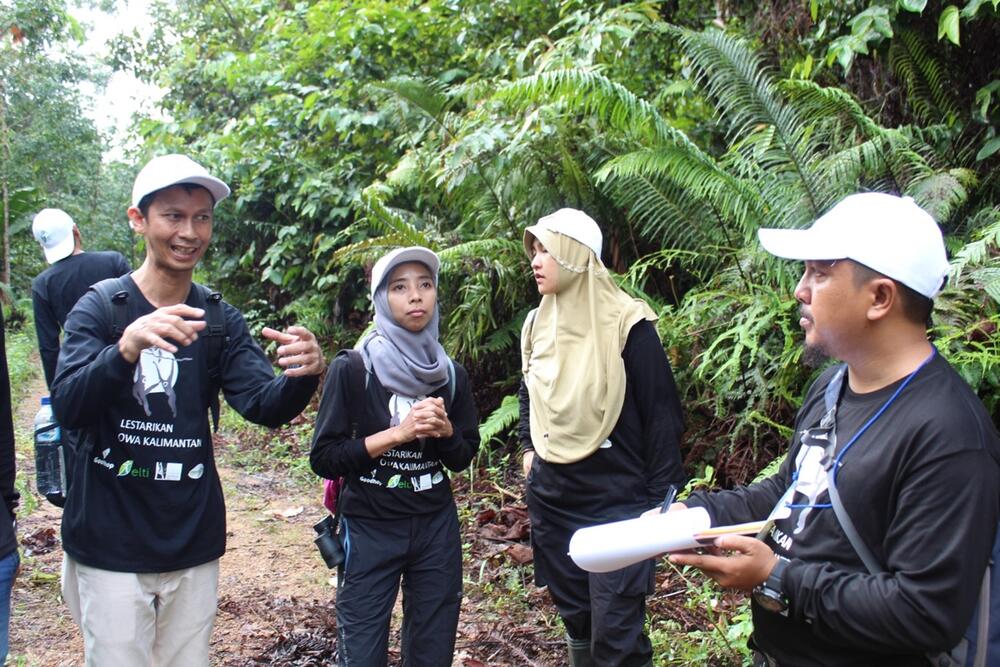
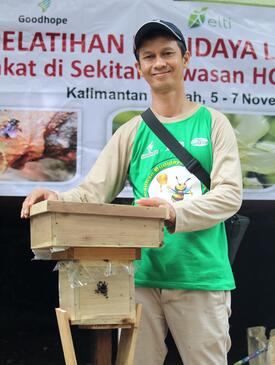
Acknowledgements
Abrar thanks SwaraOwa for contributing to training events with Goodhope Group.







